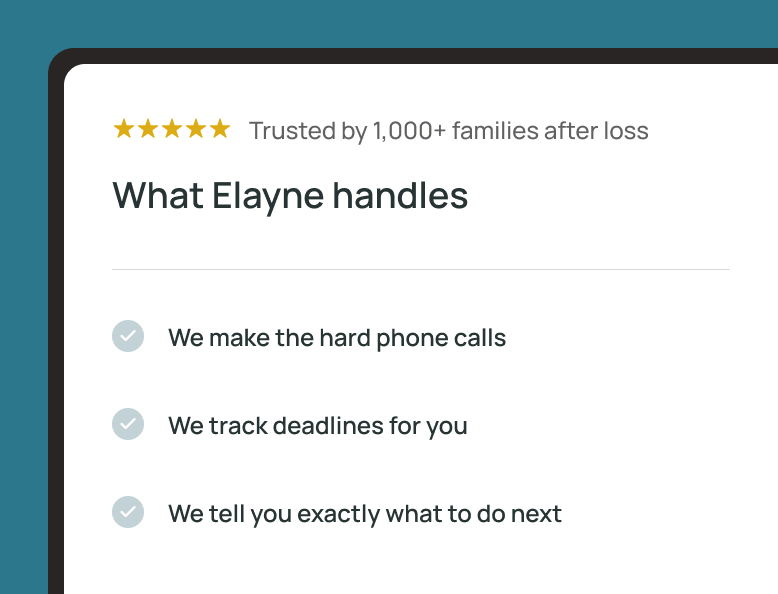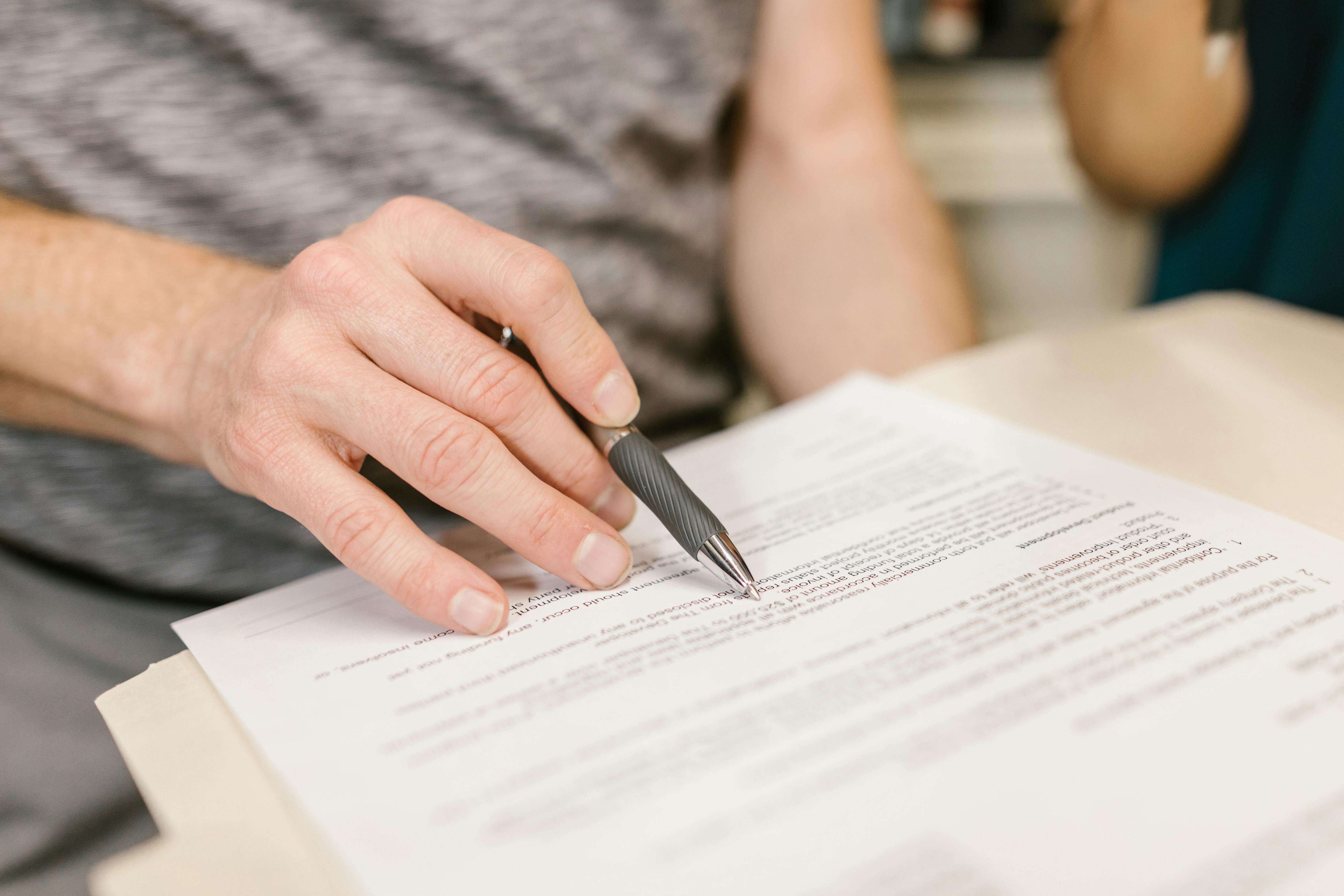Key Takeaways
- Social Security and SSI payments do not automatically stop when someone dies.
- You must notify the Social Security Administration (SSA) to prevent overpayments.
- Any benefits received after the date of death must be returned, even if direct deposited.
{{blog-cta-admin}}
After the loss of a loved one, there’s often confusion about what to do with their Social Security benefits. If you have authority to act, it’s important to stop Social Security payments after death. These payments don’t end automatically, and any money received after the date of death must be returned. Failing to notify the Social Security Administration (SSA) can result in repayment demands or delays in closing accounts.
This guide explains what happens to Social Security payments when someone dies, how to stop them, and what to do if funds were already deposited.
Do Social Security Payments Stop When You Die?
Many people assume that Social Security payments stop automatically when you die, but that’s not the case. The SSA must be notified before benefits are discontinued.
Here’s how it works:
- Payments don’t stop automatically. Someone must report the death to the SSA.
- Payments for the month of death and beyond must be returned. For example, if someone passes away in October, any payment issued for October or later must be sent back.
- This applies to both Social Security retirement and SSI (Supplemental Security Income).
In short, Social Security does not continue after death, and overpayments must be corrected. This is why notifying the SSA quickly is essential to prevent complications.
Who Notifies Social Security of a Death?
In most cases, the funeral home takes care of notifying the SSA—if you provide them with the deceased person’s Social Security number. This is part of their standard reporting process.
However, it’s important to confirm that the SSA has actually received notice. If the funeral home does not handle it, the responsibility falls to:
- The surviving spouse
- A close family member (such as a child or sibling)
- The executor or administrator of the estate
To confirm the death has been reported—or to report it yourself—you can call the SSA directly. Reporting promptly helps prevent overpayments and ensures that survivor benefits can be processed without delay.
How to Stop Social Security Payments After Death
If the death hasn’t been reported yet, you’ll need to take action. Here’s how to stop Social Security payments after death:
- Call the SSA at 1-800-772-1213 (TTY users: 1-800-325-0778).
- The SSA does not allow death notifications online—you must call or visit a local office.
- Provide key information, including:
- The deceased person’s full name.
- Their Social Security number.
- Their date of birth and date of death.
- Ask for confirmation that payments have been stopped and that any survivor benefits (if applicable) are being processed.
This step is vital for both Social Security and SSI payments after death. SSI recipients’ benefits also stop the month the person dies, but since SSI is often paid at the start of the month, an overpayment can easily occur if the SSA isn’t notified quickly.
What Happens to Payments Already Received?
If a Social Security or SSI payment was issued for the month in which the person died, or after, it must be returned. Here’s what typically happens:
- For direct deposits: Once the SSA is notified, the bank usually reverses any deposits made after death automatically.
- For paper checks: These should be returned uncashed to the SSA as soon as possible.
- Do not spend any funds received after the date of death, even if they were deposited before you realized it. Using those funds can cause legal or financial issues for the estate.
The SSA will contact the bank to recover any overpayments, but families and executors are responsible for ensuring the funds are not used.
Conclusion
Stopping Social Security or SSI payments after death may seem like a small administrative task, but it’s an essential part of settling someone’s affairs. Promptly notifying the SSA ensures compliance, prevents overpayments, and makes the transition easier for surviving family members.
For more support managing post-death administrative tasks, visit Elayne’s Automated Estate Settlements page for step-by-step assistance in handling financial accounts, government notifications, and other estate matters.
{{blog-cta-admin}}
FAQs
Q: Do Social Security payments stop immediately after death?
No. Payments continue until the SSA is notified. Any benefits issued after death must be returned. That’s why timely reporting is so important.
Q: Who notifies Social Security when a person dies?
Usually, the funeral home reports the death to the SSA. However, a family member, surviving spouse, or executor should always confirm this by calling 1-800-772-1213.
Q: What not to do when someone dies?
Don’t assume benefits stop on their own. Don’t spend any payments received after death. And don’t delay notifying the SSA—waiting too long can cause repayment issues or delay survivor benefits.
Q: How do I stop Social Security direct deposits when someone dies?
Call the SSA immediately to report the death. Once they’re notified, they’ll stop ongoing payments and coordinate with the bank to reverse any overpayments.
*Disclaimer: This article is for informational purposes only and does not provide legal, medical, financial, or tax advice. Please consult with a licensed professional to address your specific situation.












































